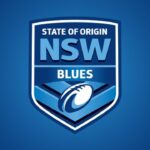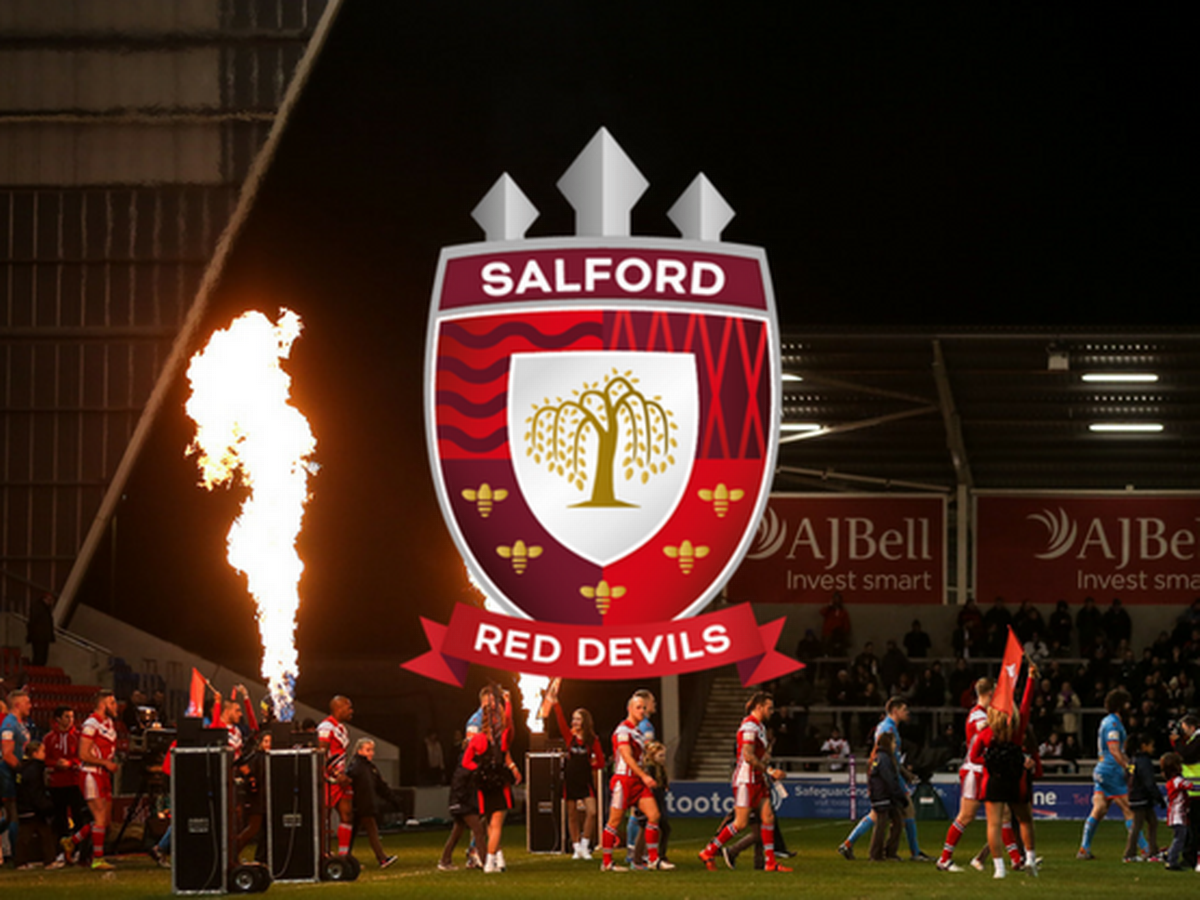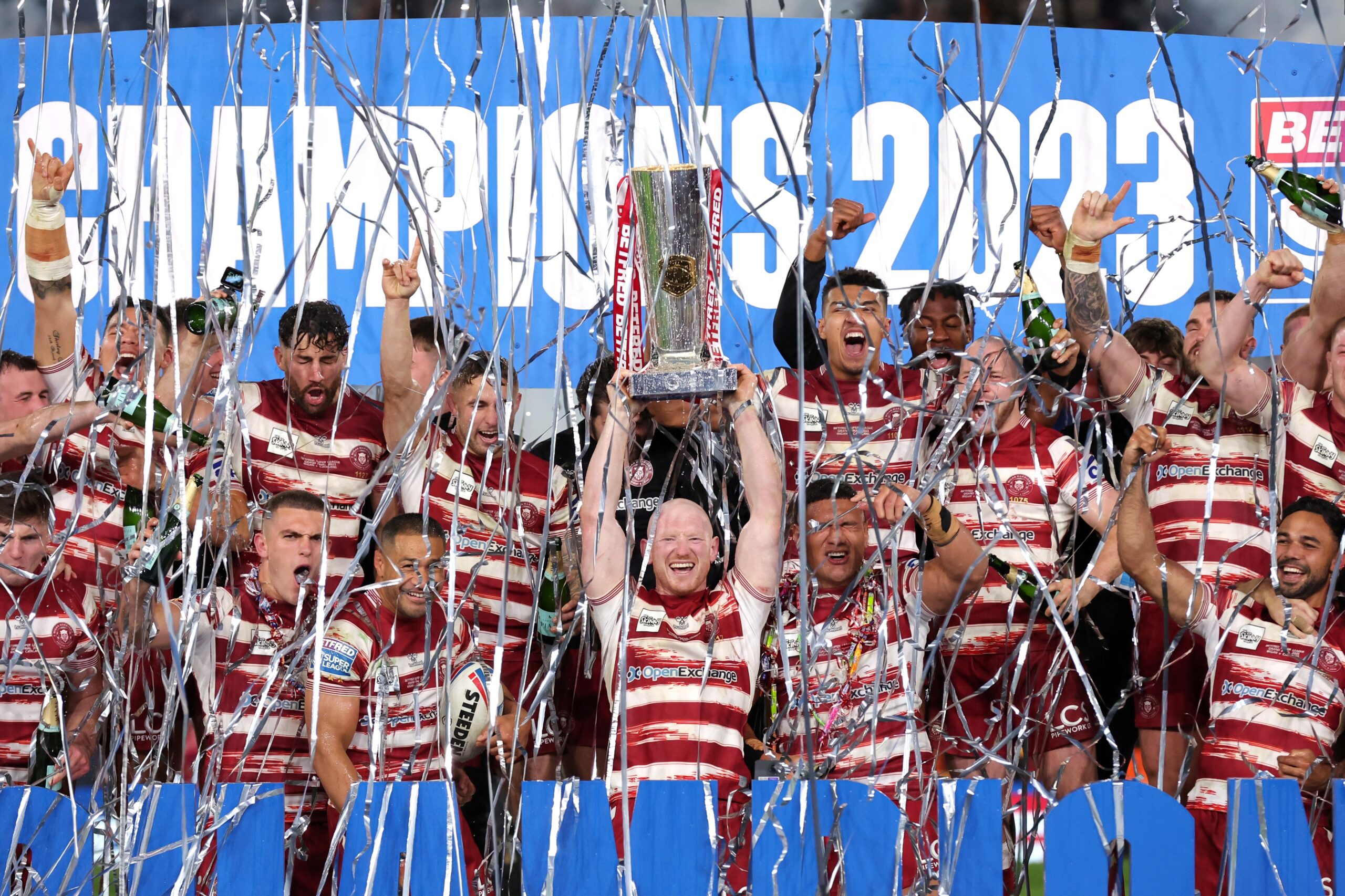English Rugby League players get no respect. They are under paid and they have very little profile in the media. Because of this, players find it hard to get any sort of decent personal sponsorships, and you know who is to blame for all of this don’t you?
Well, take your pick….
The BBC, Soccer, Rugby Union, The Rugby Football League, the great media conspiracy….hell, all of them conspire to keep Rugby League down!
Lets take a step back….
I’ve talked before about how the major driving force within British Rugby League is ego. How players goals revolve around heading to a “big” club to win lots of trophies against substandard opposition and be the big man about town.
The last word of the previous sentence, town, can be attributed to one of the reasons English Rugby League players are not able to generate any more money than they currently do. The fact is that, the vast majority of Super League clubs are based in small towns in northern England.
If you were looking to start a sporting competition that’s main goal was to put a footprint in the biggest media markets in the UK, Wigan, St Helens, Warrington, Bradford, Hull, Wakefield, Castleford, Salford, Wrexham and Huddersfield wouldn’t even be a consideration.
In sport, the bigger the media market, the bigger the exposure, the more money you make. Sponsors don’t care about anything except exposure and TV companies don’t care about anything except ratings.
The problem with Rugby League in Great Britain is that it is concentrated in areas that are so small, the media market basically consists of the local paper and maybe a radio station!
Then we have the Super League outpost in London, the Harlequins.
In any sport, winners get attention and losers get forgotten. If you are constantly winning, you will get constant attention. What do you think happens when you are constantly losing?
Imagine if you didn’t just have a few losses, or even a few losing seasons. Imagine if you had decades of continuous failure, punctuated by financial problems, changes of ownership and even changes in team name, location and team colours.
A team going through all of that would be flat out getting any sort of media attention anywhere, and yet, for some reason, some people believe the BBC and the London media should be shouting the praises of the London Harlequins.
It was noted by some that, after an ok start to the season, the Harlequins actually managed a few mentions by major media outlets. So with that in mind, I want to ask you to consider something…
Imagine if the London Harlequins had a season like Wigan did last year. Imagine if they were run away league winners and won the Super League Grand Final in a dominant fashion.
I’m not saying that the London media would be pushing for Knighthoods, but I dare bet they would pay a whole lot more attention to a dominant, winning, London Rugby League club.
If we had a dominant London Rugby League club, one that was gaining wider media attention in one of the worlds biggest media markets and one of its most important financial hubs, would it be a stretch to suggest that any star players on that team would be more likely to gain financial rewards via sponsorship than say a similar player who has achieved all the same things for a little town in northern England?
Lets go in a different direction.
Louis McCarthy-Scarsbrook gained a lot of attention early in his career for being a London player that was showing a bit of promise. When he made the England test squad, it was hailed as an achievement for the games persistence with having a presence in London.
Pretty much as soon as he “made it”, Louis McCarthy-Scarsbrook moved from London to St Helens.
Now the reasons are clear. At St Helens he will earn a bigger, longer term contract and will be involved in a winning set up. However, it exposes a system that keeps the game of Rugby League in Great Britain from cracking the same high exposure it craves.
In Australia, Rugby League is lucky to have blanket coverage in the 1st and 3rd biggest media markets in Australia. When you look at the coverage the game gets on the Eastern Seaboard, and you factor in that regional NSW is collectively a massive television market in its own right, Rugby League here has it pretty good.
Even so, the lack of teams in Perth and Adelaide hurt the NRL as far as their TV contract goes. They haven’t got teams in these markets, that means less potential viewers. On top of that, sponsors are faced with a great competition that has a footprint in most of the major media markets, but not all of them, so that costs teams and players in terms of sponsorship deals.
This is a competition dealing from a position of strength, one Rugby League in Great Britain would love to be in, and yet even the NRL realizes the need have a presence in as many major media markets as possible.
When Super League first came to Great Britain, they sold the concept of teams in big markets and everyone making more money as a result. In the smash and grab for cash that followed, that concept went by the wayside. Some teams were pushed aside, others went bust, there were mergers and yet somehow, when the dust settled, the game was still confined to northern England.
The Super League dream didn’t quite work out.
Now, over a decade later, those dreams are being rekindled, but in another form, as players are pushing for more money, more exposure and a bigger media presence for the game they play. The driving force is different, and the vision is a little clouded, but its clear that players want more than they are currently getting now.
Those dreams can not happen in a game that is confined to small towns in northern England.
As Super League looks ahead to its next round of licensing announcements, it is clear that at least one, if not two Super League teams will be relegated and two different sides will take their place.
One of the teams that is expected to come into Super League is Widnes, once again, a small town.
If Rugby League in Great Britain wants to become a bigger part of the British sporting scene, it needs to become a bigger part of the British sporting scene. Whether that be by expanding into bigger media markets, relocation of existing teams, or even the formation of a new competition, something needs to change if the dreams of a truly great British competition are to be met.
In Australia, from a position of strength, this move has yet to be completed, but it is close. From a position of strength it has still come to be through a lot of tough decisions, a lot of alienated fans, a lot of crushed dreams and a lot of pressure to avoid change.
The RFL does not have anywhere near the advantages the NRL has in its own push for a competition that gains a wider, national focus. In the long run, that is just going to mean more work needs to be done to reach the goals that everyone has for the game in Great Britain.
How does the RFL do that?
Well, a competitive London Rugby League team sounds to me like a good start to me.










